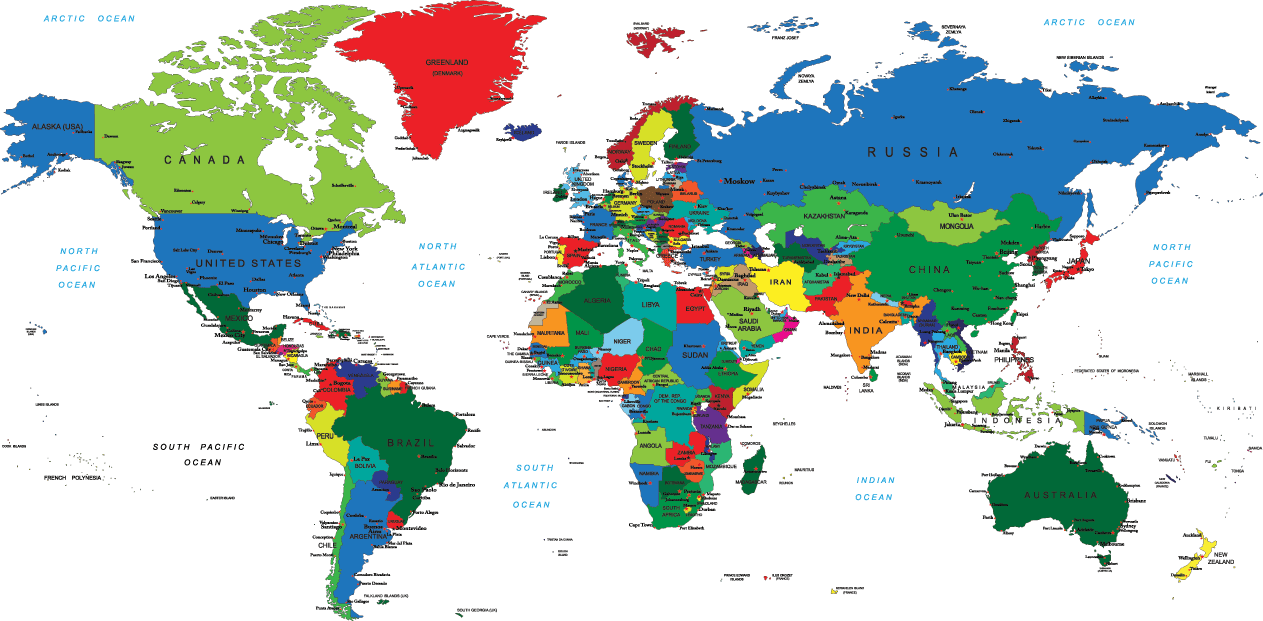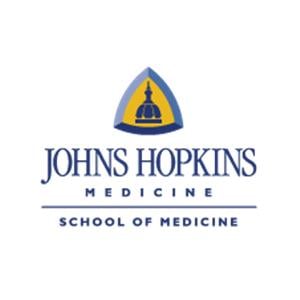The Johns Hopkins Emergency Medicine Residency program is a unique 4-year program that offers residents the opportunity to develop into superb clinicians capable of caring for patients in any environment and allows them to immerse themselves in a focused area of specialization in their final year of training. Our clinical training spans three unique hospitals: a 1,000-bed, Level I trauma, academic, tertiary referral center; a 420-bed, Level II trauma center; and a 200-bed community hospital. Residents receive the benefit of varied training environments and are able to make a difference with our diverse patient populations. After developing a core foundation in EM, our final year offers specialized training in a Focused Advanced Specialty Track. This FAST year provides an equivalent experience to many of the 1-year fellowships we offer. For 2-year fellowship training programs (eg, International EM), we encourage our residents to structure their fourth year similarly to the first year of the fellowship so they can receive credit for this time and complete their formal fellowship training in one year after graduation.
The Johns Hopkins Emergency Medicine Residency program is a unique 4-year program that offers residents the opportunity to develop into superb clinicians capable of caring for patients in any environment and allows them to immerse themselves in a focused area of specialization in their final year of training. Our clinical training spans three unique hospitals: a 1,000-bed, Level I trauma, academic, tertiary referral center; a 420-bed, Level II trauma center; and a 200-bed community hospital. Residents receive the benefit of varied training environments and are able to make a difference with our diverse patient populations. After developing a core foundation in EM, our final year offers specialized training in a Focused Advanced Specialty Track. This FAST year provides an equivalent experience to many of the 1-year fellowships we offer. For 2-year fellowship training programs (eg, International EM), we encourage our residents to structure their fourth year similarly to the first year of the fellowship so they can receive credit for this time and complete their formal fellowship training in one year after graduation.









